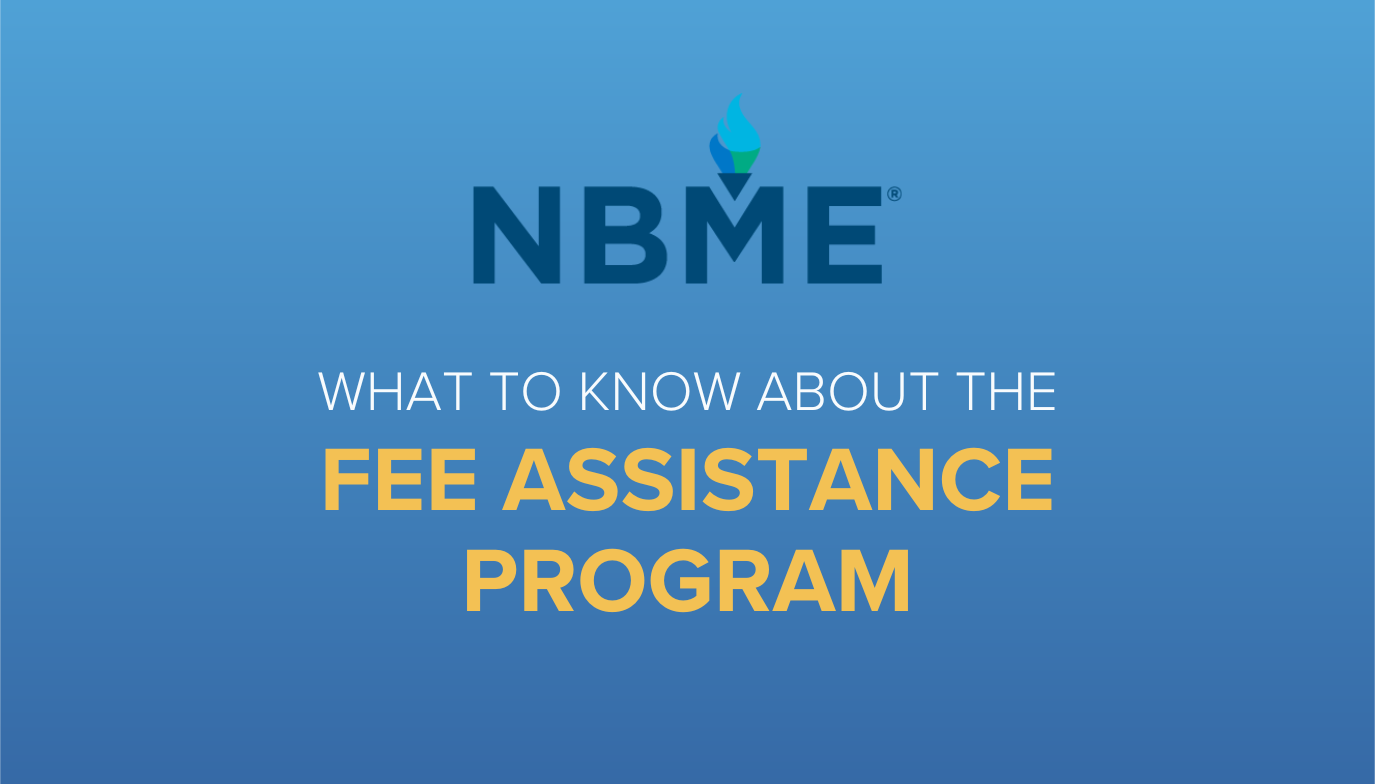Medical students share their tips for lowering test anxiety while studying for Step 1.
Even though preparing for Step 1 can be a lot of pressure, incorporating specific ways to reduce stress into your study plan will make sure that your productivity does not decrease as a result of anxiety. Keep in mind, you’re not alone! All of your peers are going through the same process, and previous medical students have been in your same position, and have made it successfully through the test preparation process. Here are three tips for relieving stress from medical students who survived Step 1 with flying colors.
Keep the test in perspective
We asked medical student Thomas Mike what advice he would have for medical students who are feeling the pressure as they prepare for Step 1. “How many times have you heard that this is the most important test of your life?” Thomas said, “Remember, everyone said the same thing about the SAT and the MCAT (and probably a few others as well). Step 1 is literally just another test.” As a medical student, you have made it through challenging tests before, and the boards are just another step towards your goal.
Adopt healthy habits
As simple as it may sound, remembering to take periodic breaks is an important part of staying productive. Thomas told us “I recommend taking breaks during the day. I played games on my tablet as well as foosball with brothers/sisters-in-arms (a.k.a. my classmates) in between study sessions. Breaks were a great way to take my mind off of pharmo-kinetics or whatever I was struggling with that day.” Alex, medical student who scored a 254 on Step 1, agreed that a short break may be just what you need to recharge when you are struggling. Alex tolds us that “having a book, video game, or TV show that you can pick up for a half hour at a time was great for when you hit a mental wall, but can’t afford to take multiple hours off.” Thomas added “watching Arrow on Netflix got me through my seven week study plan.”
Taking breaks was a great way to take my mind off of pharmo-kinetics or whatever I was struggling with that day.
Thomas Mike, University of Pittsburgh School of Medicine
Plan catch-up days and time off
Make sure your study plan allows for some flexibility. “Try to give yourself at least a half day per week as catch up time, as there will be days that you don’t keep up with your schedule,” Alex said, “keeping weekly buffer time will keep you from falling too behind. Buffer time also encourages you to keep up with your schedule, because if you don’t need the buffer time, then it’s time off!”
Thanks to Cram Fighter, I knew exactly what I had to do every day—if I finished early, I felt no guilt that I was taking the night off.
Matthew Levitsky, Tufts University School of Medicine
Short breaks every now and then may not be enough time off to reduce your stress levels during your study period. If you are using Cram Fighter for your study plan, you can schedule special days, weekly or biweekly catch-up days, or time off for vacations. This will give you a consistent and predictable schedule of periodic breaks. “I was doing six to six and half days of studying per week, with at least a half day of totally free time per week,” Alex says, “You will burn out if you don’t take time, and your productivity will suffer as a result. I tried to do two straight weeks of studying without a break at one point and by halfway through the second week I was essentially useless.”
With the test hanging over your head, you may feel guilt or self-doubt over whether you are studying enough. A study plan can help you quiet this feeling. Tufts medical student Matthew Levitsky told us “thanks to Cram Fighter, I knew exactly what I had to do every day—if I finished early, I felt no guilt that I was taking the night off.”
Taking steps like these to reduce stress during your study period ensures that the time you spend studying will be effective. Alex says that keeping the end in sight can help too: “Once you jump through this hoop, you’re free of it forever!”





